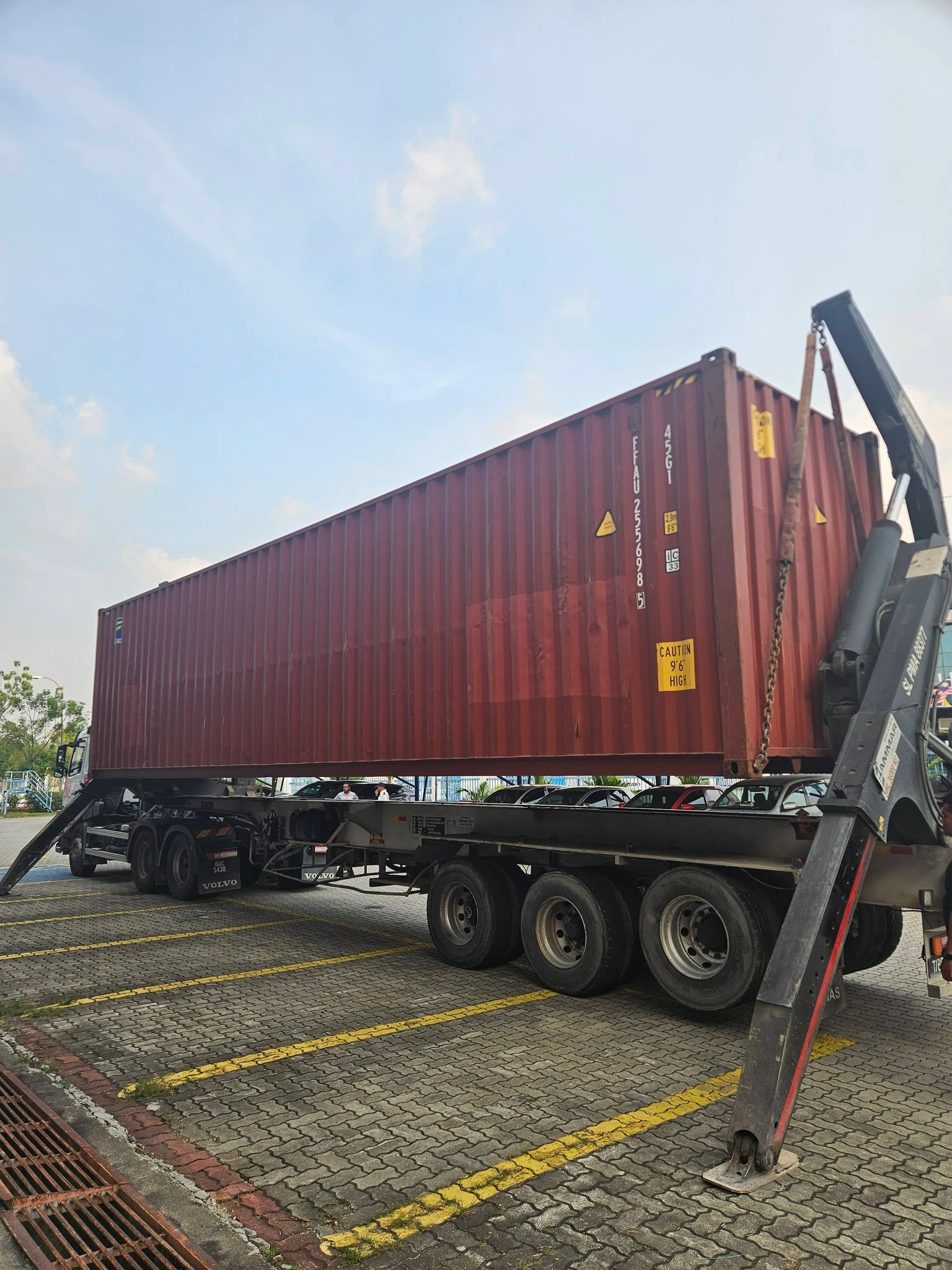The global air cargo market has undergone significant shifts in supply and demand. Today’s market has seen falling prices and reduced volumes, moving the power from airlines into the hands of freight forwarders.
In fact, capacity has not only rebounded but surpassed pre-pandemic levels in the second quarter of 2023 for the first time in three years according to the International Air Transport Association (IATA).
For forward-thinking freight forwarders, leveraging these market conditions may prove to be a golden opportunity. Swiftly identifying and securing the most competitive carrier quotes can allow forwarders to not only increase profitability but position themselves as leaders in a dynamic market.
The key to success lies in choosing the right technology platform to drive a seamless digital process, from initial quote to final invoice. Here are some of the key features to look for that can keep forwarders ahead of the curve.
Enhance operational efficiency through the automation of manual processes
Traditionally, managing air freight bookings has posed significant challenges for freight forwarders. In many cases, bookings were made via the carrier’s website, resulting in redundant entries and manual tasks, adding unnecessary complexity to the process.
This is increasing unfeasible as speed and efficiency are key to securing competitive carrier rates. However, increasing quoting is easier said than done — especially considering the backdrop of deteriorating conversions, and a perpetually difficult labor situation.
A logical, quick-to-implement, digital strategy stands as the most effective way to attack the market. Increasingly, freight forwarders are proactively turning to technological solutions to sift through the complexities of the market and attempt to do more with less.
Forwarders can simplify the experience with a single platform solution that empowers them to make informed decisions, optimize their logistics operations, and tap into an extensive network of airlines to meet their cargo needs. The first step is to eliminate painfully inefficient manual processes that don’t support integrated technology or data processing.
To streamline the process of booking air cargo and gain a comprehensive understanding of airline costs, it’s essential to adopt a platform that facilitates easy and direct comparisons. Rather than navigating through individual airline websites manually, a specialized platform enables users to assess and compare bookings side by side.
This approach not only saves valuable time but also provides a deeper level of transparency, allowing businesses to make well-informed decisions based on a clear overview of available options.
Streamline your supply chain through a single source of truth
Today, forwarders are not only looking for a platform that allows them to shop for the best air rate prices, but the ability to stay on the same platform for the entire process – from initial quote to final invoice.
However, many are grappling with a disparate network of tools and are faced with the limitations of third-party connections. Making the ability to offer seamless connectivity throughout the entire cargo process what sets forwarders apart.
Consider adopting a platform that has access to an ecosystem of tools. Direct API integrations between your platform and individual airline operating systems, allows each airline to electronically communicate real-time data throughout the entire shipment lifecycle – from the initial booking and execution of the Air Waybill through to the physical movements of the shipment during its journey.
Platforms that integrate eBooking requests in real-time, direct to customers’ systems, allow for immediate processing and responses. This way, there are fewer double entries and faster confirmations via API solutions, leading to more efficient processes and thus higher productivity for customers.
Enable real-time visibility in air cargo logistics
Facilitating real-time visibility in air cargo logistics can be done by seamlessly receiving operational details, such as air waybill data. By then directly transmitting shipment status updates to customers, not only will processing times be accelerated, but both errors and costs can be mitigated.
Today, customers from any location can effortlessly access real-time information about their cargo, optimizing the supply chain for faster and more cost-effective operations. The exchange of real-time data across branches and stakeholders empowers informed decision-making, providing customers with the tools to make well-informed choices.
The integration of technology brings flexibility, improved visibility, and operational excellence to the industry, propelling it forward by facilitating a seamless information flow, streamlining processes, and reducing human errors.
It’s clear that in order to navigate the evolving landscape of global trade and achieve new heights in air cargo logistics, embracing innovation and harnessing the power of technology is vital.






